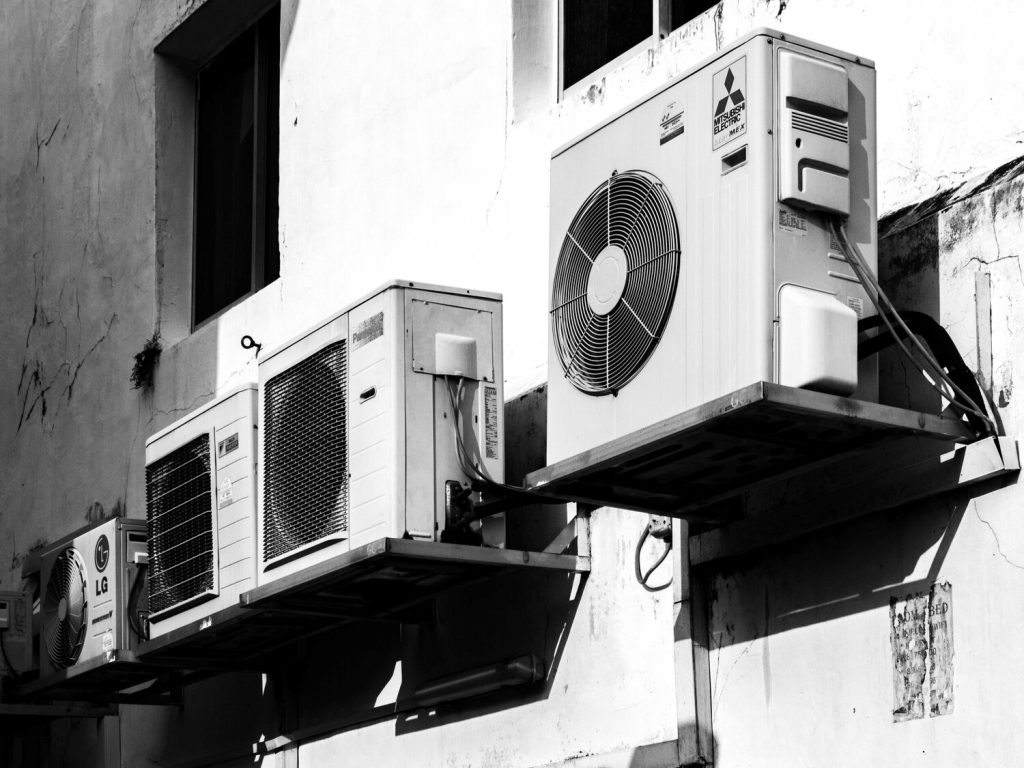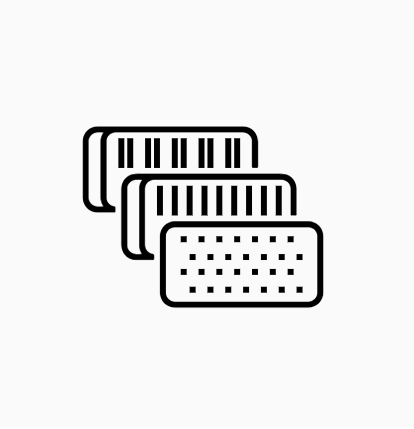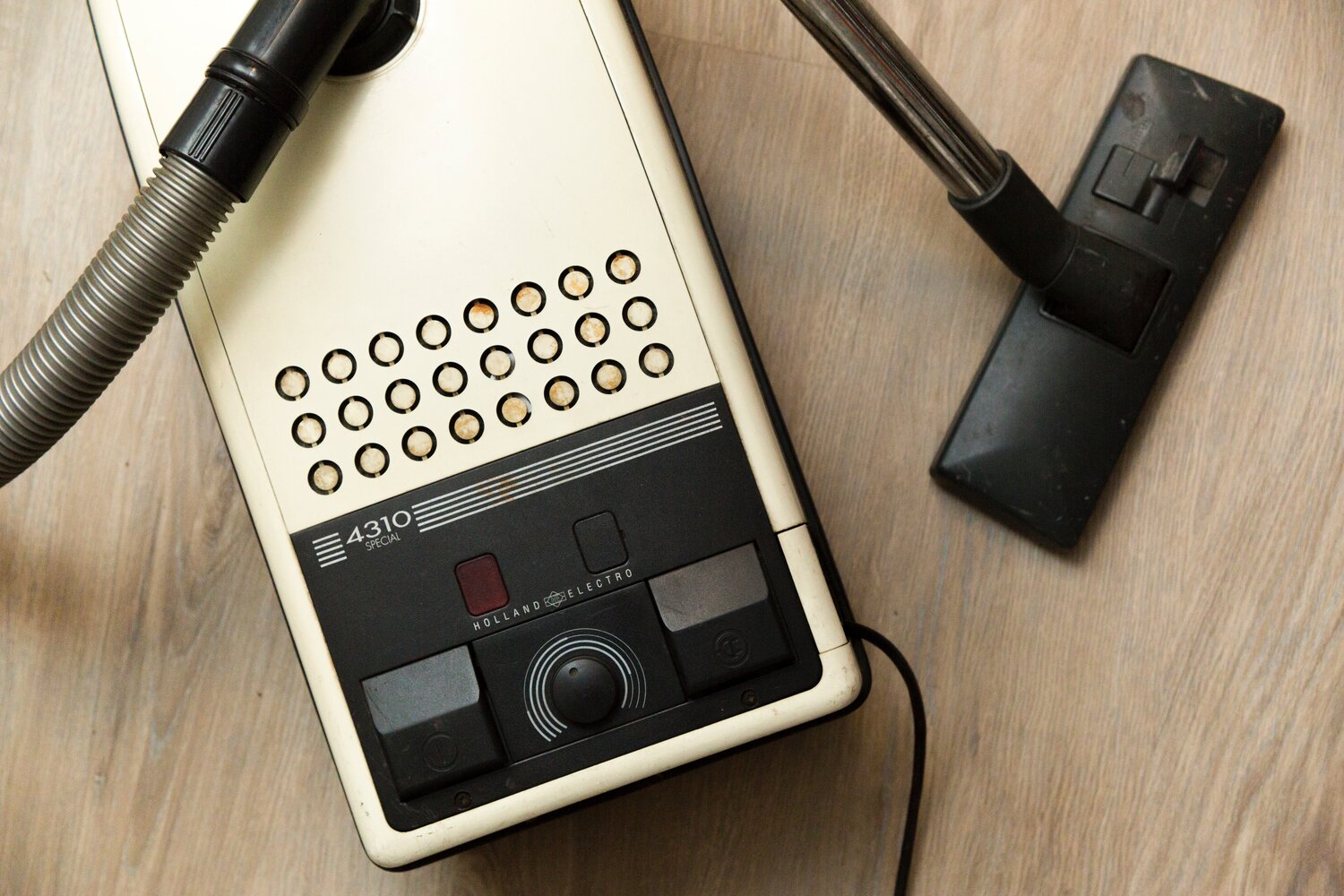April 8, 2021
How to Clean Air Conditioner Filters

For most of us, air conditioning is something we’re grateful for but don’t spend long considering. But did you know that maintaining your HVAC system’s good condition is a huge part of successful home upkeep? Learning how to clean air conditioner filters is a key part of keeping your AC in tip-top shape.
To clean air conditioner filters, turn off your system, unscrew the vents and remove the filter. Use a vacuum cleaner to remove dust and debris. Some air conditioner filters will need to be soaked in a mix of water and vinegar and hosed down. Dry completely before reinstalling.
Let’s dive into the details:
Why Should You Learn How to Clean Air Conditioner Filters?
It might be tempting to assume that just because you can’t see the filters and ducts in your HVAC system, that means that you don’t have to do anything to maintain them. But, just like a car, it’s actually the parts you can’t see that are key to keeping your air conditioning system running. Knowing how to clean air conditioner filters will prolong the lifespan of your HVAC system.
Air conditioner filters are designed to catch dirt, dust, and anything else that finds its way through the vents. This serves a dual purpose: it protects the inner moving parts of the air conditioner from being snagged, stopped, or clogged by stray things in the ducts, and it also improves your air quality by preventing dust and dirt from being circulated throughout your home.
However, it’s important to learn how to clean air conditioner filters because after a while dirt will build up on the surface of the filter. This will make it harder for your AC unit fan to circulate the air, reducing the efficiency of your HVAC unit. This may result in increased power bills and, eventually, a shorter lifespan for your air conditioner. Regularly cleaning air conditioner filters avoids these problems.
Not All Air Conditioner Filters Should Be Cleaned
When it comes to how to clean air conditioner filters, keep in mind that not all air conditioner filters are made to be cleaned. Your system may use disposable filters, which should not be cleaned and reused – both because cleaning may damage them, and because getting them wet may increase the chances of mold in your home. Instead, replace your disposable air conditioner filters regularly.
As a general rule, filters with plastic or metal frames can be washed, while filters with cardboard frames are usually single-use and disposable. Check the warnings and instructions on the side of the filter to be certain.

How to Clean Air Conditioner Filters: What You Need
It’s not complicated to learn how to clean air conditioner filters: you can clean air conditioner filters with just a few household items. You will need:
- A screwdriver to remove the vents and expose the filters.
- A vacuum cleaner to clean out the dust from the filter and the ducts. Preferable one with a hose attachment.
- Cleaning/white vinegar to create a solution to soak the filter in.
- A sponge to wipe off the filter.
- A hose (optional) to hose down the filter.
- A hairdryer (optional) to dry the filter completely.
How to Clean Air Conditioner Filters
Follow these simple steps for how to clean air conditioner filters and ensure that your filters stay in amazing condition!
#1 – Locate the Filters
The very first step in how to clean air conditioner filters is to make sure you know where the filters in your house are. You will almost certainly have the main filter in a slot in or near your air handler, which is the large metal box – often in your basement or a closet – which houses the air conditioning apparatus.
You may also have air filters behind your return vent – the large vent grille where the air is taken in. You may have more than one of these, and usually, each one has a filter.
#2 – Turn Off Your AC
Make sure to turn off your AC and your fan before you start. If your air conditioner is plugged into a power socket, unplug it.
#3 – Unscrew the Vents or Covers
Unscrew the vents or covers to expose the air filters.
#4 – Visually Inspect
Take a look at the filters – if you see any visible dust or grime, it’s time to clean them.
#5 – Vacuum the Dust

Remove the filter and use your vacuum with the hose attachment to catch as much of the dust as possible.
#6 – Use a Hose and/or a Soak
If you’ve used the vacuum cleaner and it still hasn’t caught all of the dust and dirt, it’s time to wash the filter. If you have a basin or a sink big enough, rinse the filter off and leave it to soak in a 1:1 solution of water and vinegar for about an hour.
If you don’t have the time or the space to soak your filter, use a hose with gentle water pressure to get rid of the dirt. Don’t blast the water – you don’t want to damage the filter.
#7 – Dry the Filters
This is an important step in how to clean air conditioner filters. Make sure that when you replace the filters back where they belong that they are completely dry. You can leave them out in the sun if it’s not too hot, or you can run a hairdryer over them, or you can set them out to air dry – but whatever you do, don’t put a damp filter into your HVAC system – this puts you at the risk of mold.
#8 – Replace the Filters
Once the filter is dry, replace it back into its spot, heeding the arrows and directions on the frame to make sure it’s installed correctly. Replace the vent, and you’re good to go.
Congratulations – you’ve learned how to clean air conditioner filters!
Final Thoughts on How to Clean Air Conditioner Filters
As you can see, this chore is actually fairly simple! If you’re learning how to clean air conditioner filters, you’re probably wondering how often to do it. Ideally, you should be cleaning your filters once a month – especially if you live in a highly polluted area.
For more support with maintaining your home’s HVAC system, get in touch! We offer free home assessments.

Leave a Reply